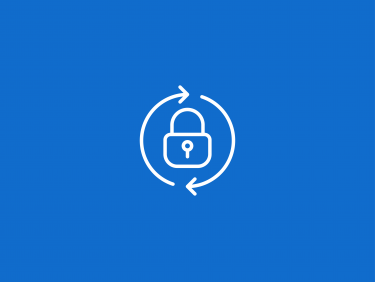Support IT Security
The University Computing Centre is the central contact point for IT security issues and is responsible for handling all IT security incidents at the University. Our services are under constant monitoring for attempted attacks and misuse. In the event of system irregularities, the responsible administrator(s) will be immediately informed so that the matter can be investigated and any problems can be rectified.

Services
- Registering and processing IT security incidents at the university
- Advising the institutes and facilities on IT security issues
- Improving IT security at the university (e.g., through vulnerability scans).
How to reach us
Report a security issue or incident
Please use the linked web form to report security issues and incidents:
We look forward to supporting you!
Alternatively, you can contact us
-
via email to
-
by phone via the IT service centre
+49 6221 54-117
Getting in touch via phone or email? Please mind the W questions!
- Who? – e.g., first and last name, affiliated institute or department, full email address, phone number
- What? – e.g., virus attack, system intrusion, data theft
- When? –Time of discovery and/or event
- Where? – On which IT system did the incident take place? IP address, hardware address, host name, etc.?
get ADvice
If you would like to get advice on IT security issues for your university department, please feel free to contact us by e-mail at: it-sicherheit@urz.uni-heidelberg.de
Federation bwInfoSec
The state-funded higher education institutions in the state of Baden-Württemberg have joined forces to form the bwInfoSec federation in order to jointly improve information security at the state's higher education institutions. As part of this effort, a core information security team is currently being formed, based at Heidelberg University and the Hochschulservicezentrum Baden-Württemberg. The core team section responsible for the universities will be located at the URZ.
The tasks of the core team include
- Advising the local information security teams as well as the institutions and the respective administrations on establishing security processes and concepts
- Communicating security messages to the local information security teams and improving the flow of information between the different levels
- Testing and developing new security technologies and building on them to develop innovative solutions
- Training and educating local information security teams (by providing training materials and concepts)
- Supporting the local information security teams in handling security incidents
For more information, please visit the federation's website (see link).